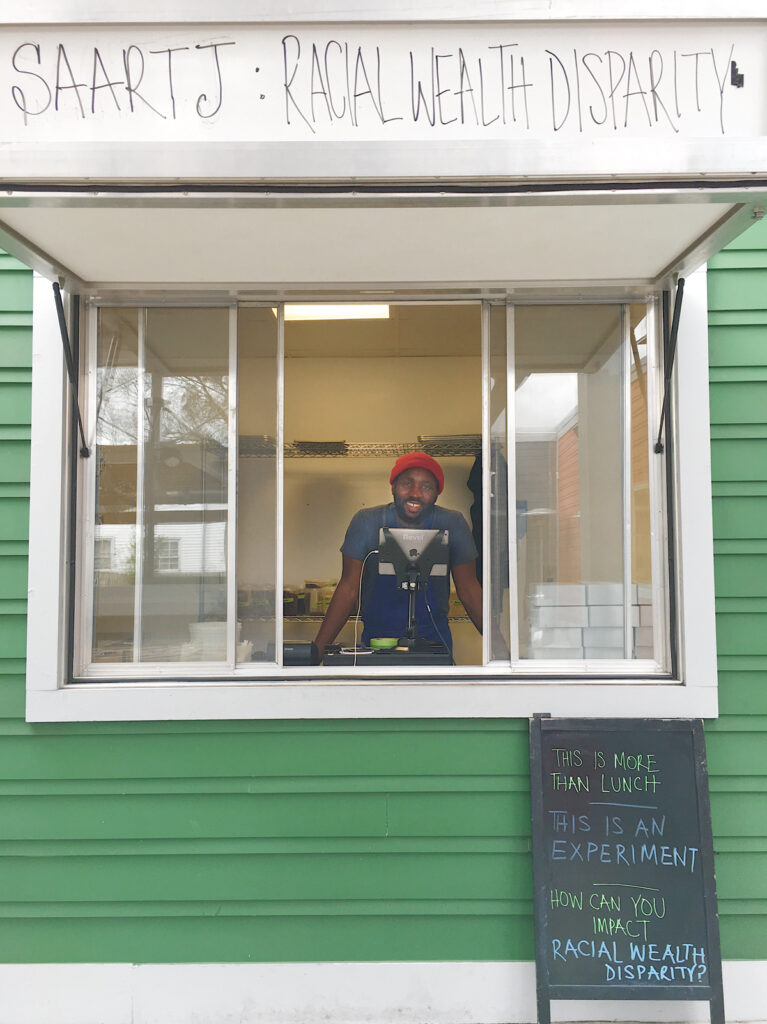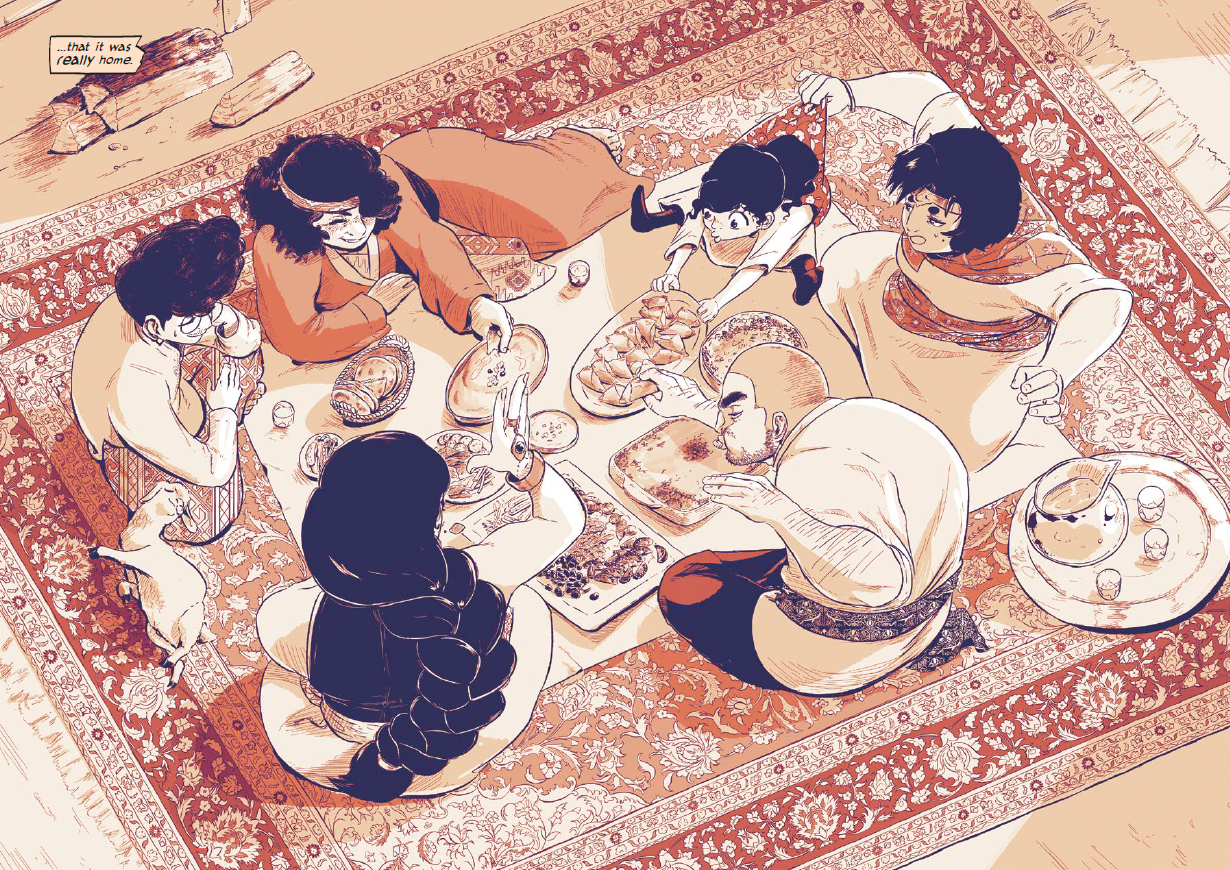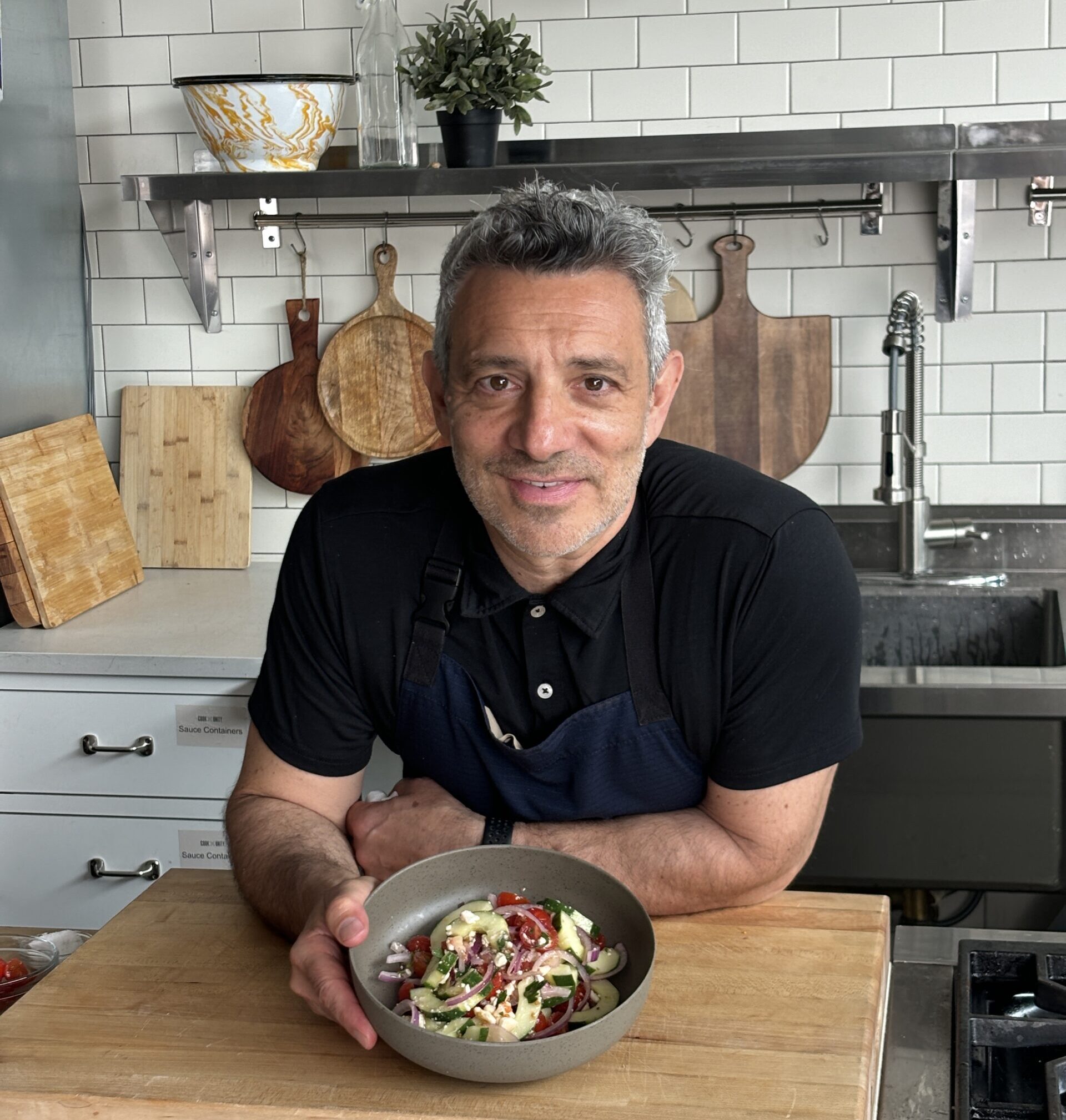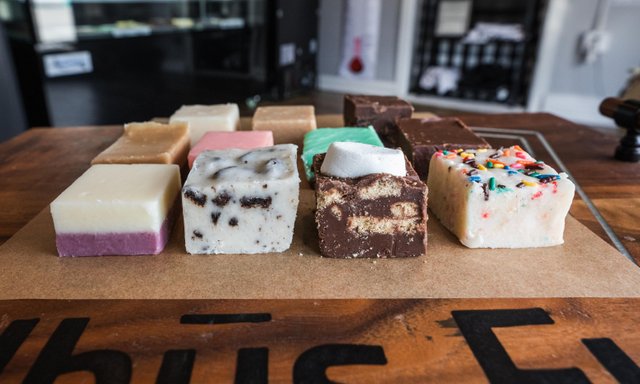
Some dieticians counsel patients in a healthcare setting, while others provide nutrition education to the public. Denver-based registered dietician Anjali Prasertong has taken a different approach: she’s using her training to call out inequities in food policy, public health, and dietetics programs.
“I’m half Asian — my dad immigrated from Thailand — so thinking about race as it relates to food has always been a part of my life, since we were eating Thai food at home,” she explained.
Prasertong’s interest in food and culture was further deepened by her time spent living in Japan, and her professional background also includes a several-year stint as a contributing editor for food website the Kitchn. Her current work as an antiracist dietician was heavily influenced by her time in New Orleans, where she earned a masters degree in public health at Tulane University.
“In New Orleans, it’s impossible not to confront racial health disparities. Life is much harder for Black people due to the legacy of slavery and policy decisions,” she said. “I took an Undoing Racism workshop and I realized that I was falling out of love with dietetics because they didn’t talk about racism, specifically anti-blackness. I thought that was the most important issue I could be addressing to change people’s ability to thrive.”
“Prasertong’s first foray into combining food and racial equity was via Chef Tunde Wey’s social experiment and pop-up lunch counter, where white diners were asked if they wanted to pay 2.5 times more than BIPOC diners (the income discrepancy between white and BIPOC New Orleanians at the time); she assisted with data collection and interviewed diners. Next, she worked with New Orleans nonprofit organization Propeller on an initiative that helped BIPOC-owned corner stores stock and sell more fresh produce in low-income neighborhoods.

Prasertong notes that standard nutrition advice is often tinged with racism. “There is the perception that diets from other cultures — as in not white American culture, white American wellness culture specifically —are less healthy. People talk about making traditional foods more healthy, like making a healthy gumbo. The assumption that the original version is unhealthy or less than is pretty insulting.” Another example of dietary racism is requiring all students to take a carton of milk with their school lunches, since the majority of BIPOC children are lactose intolerant.
Prasertong’s current focus is her newsletter, Antiracist Dietician. Recent posts include a first-hand account of the challenges of being a Black dietetics student and a critique of the elevation of the white-centric Mediterranean diet. Prasertong’s writing is engaging and conversational, but also reflects a deep understanding of the subject matter, and she meticulously cites her sources (posts typically have footnotes linking to scholarly papers and scientific studies). Prasertong is also active on Instagram as @antiracistrd.
In addition to her writing work, Prasertong hopes to offer antiracism-focused virtual training for dietetic internship programs. “It’s so important that students and interns learn to talk about these things, but many programs don’t,” she said.
NEXT ON THE DISH








